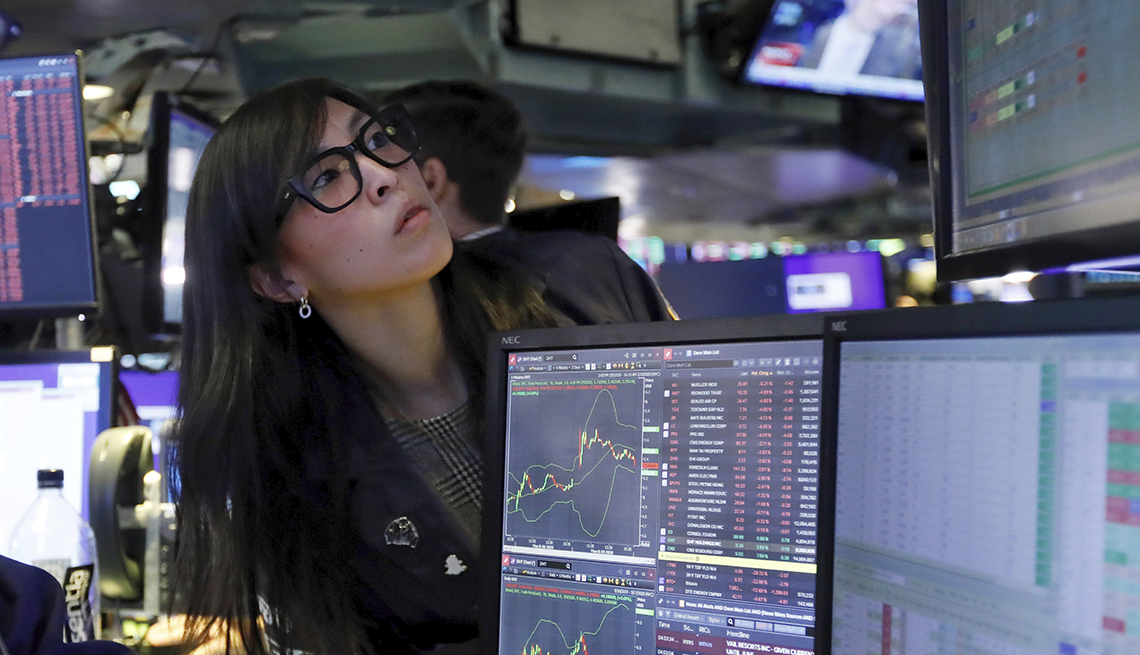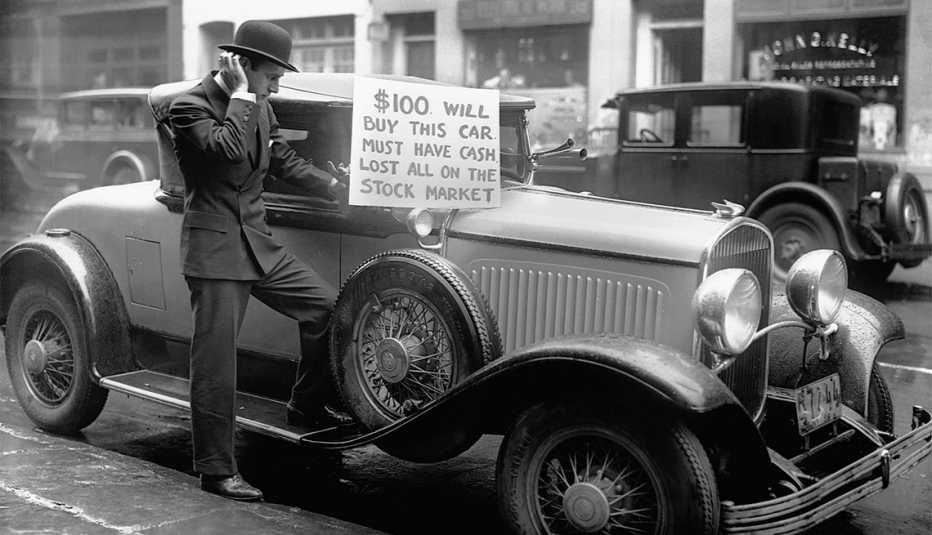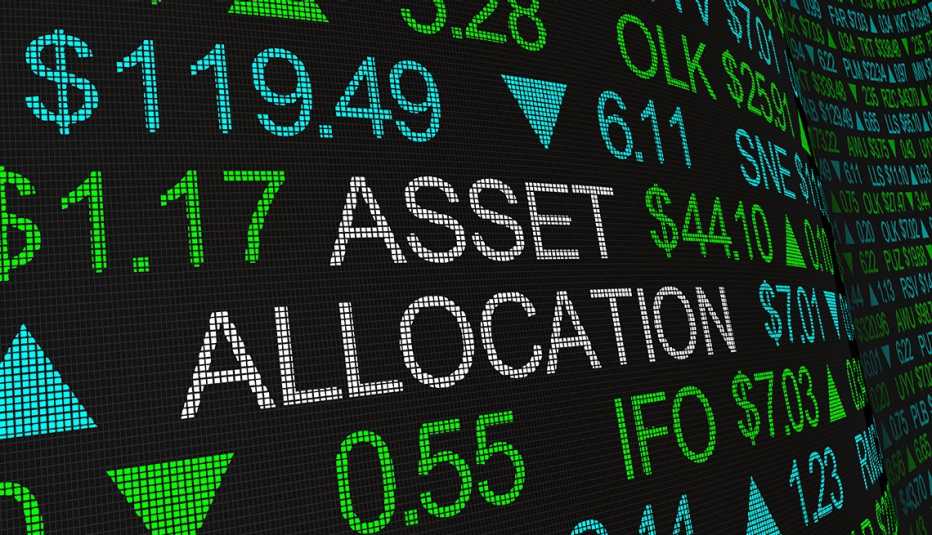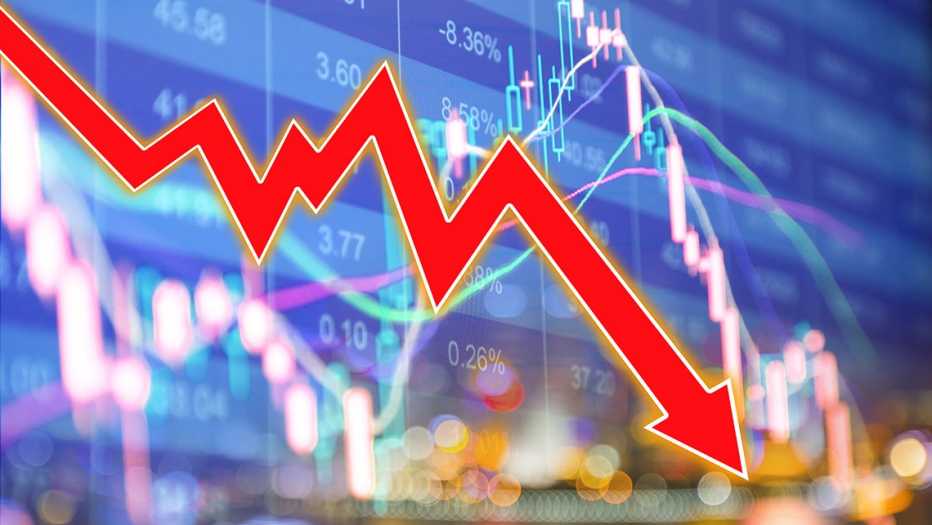Staying Fit
The Dow Jones Industrial Average tumbled 7.8 percent Monday, its steepest drop since the financial crisis of 2008, as mounting fears over the coronavirus combined with a crash in oil prices to send a shudder through world markets.
The staggering losses immediately raised fears that the record-breaking 11-year bull market in the U.S. might be coming to an end. The drop on Wall Street was so sharp that it triggered the first automatic halt in trading in more than two decades. European stock indexes likewise registered their heaviest losses since the darkest days of the 2008 meltdown and are now in a bear market.


AARP Membership— $12 for your first year when you sign up for Automatic Renewal
Get instant access to members-only products and hundreds of discounts, a free second membership, and a subscription to AARP the Magazine.
Coronavirus and oil
The damage reflected growing alarm over the potential global economic damage from the coronavirus, which has infected more than 110,000 people worldwide and killed about 4,000, while triggering factory shutdowns, travel bans, closings of schools and stores, and cancellations of conventions and celebrations.
The market slide came as Italy, the hardest-hit place in Europe, began enforcing a lockdown against 16 million people in the north, or one-quarter of the country’s population. The Italian prime minister also announced that the restrictions will be extended throughout the country.
Ireland went so far as to cancel St. Patrick’s Day parades, and Israel ordered all visitors quarantined just weeks before Passover and Easter, one of the busiest travel periods of the year.
In the U.S., a cruise ship with a cluster of coronavirus cases that forced it to idle off the California coast for days arrived at the port of Oakland as officials prepared to start bringing passengers to military bases for quarantine or get them back to their home countries. The Grand Princess had more than 3,500 people aboard — 21 of them known to be infected with the virus.



































































